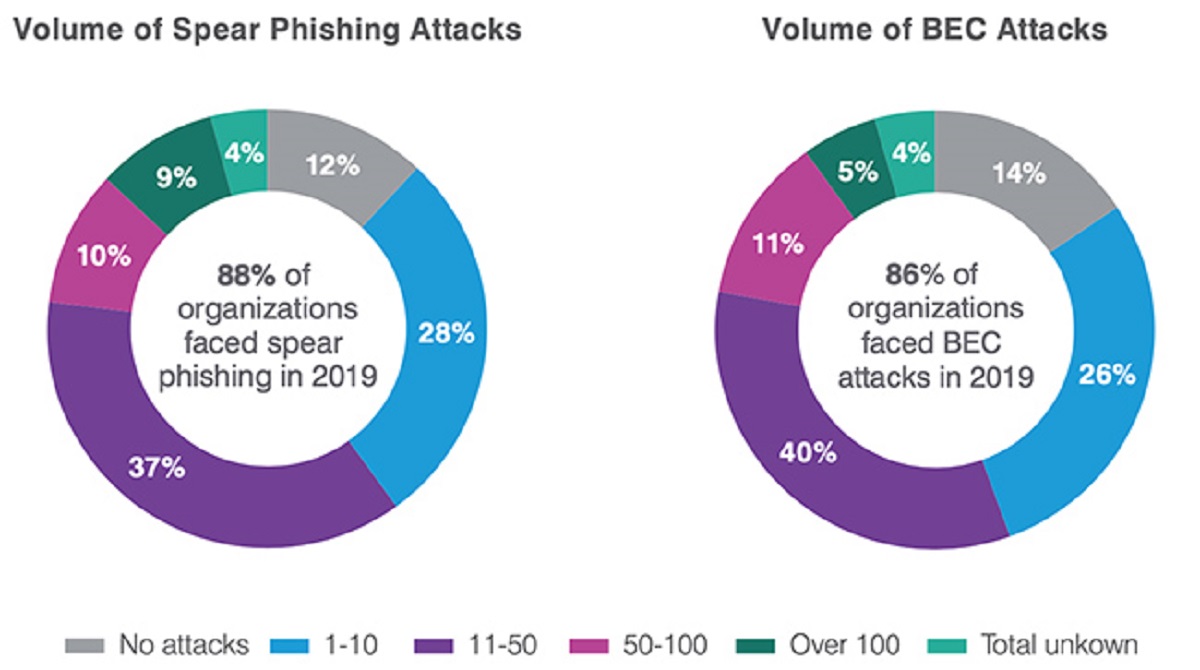Welcome to the latest edition of Startups Weekly! In this week’s column, we will explore the powerful effects of fear in the business world and its influence on consumer behavior and market dynamics. From app activation metrics to the rise of AI, fear has become a driving force in shaping the startup landscape.
Key Takeaway
The use of fear as a marketing tool has become increasingly prevalent in the startup industry, with certain apps leveraging it to gain attention and generate profits. However, there are concerns about the impact of these fear-driven strategies on individuals’ mental health and well-being.
The Psychological Impact of App Activation Metrics
Apps like Nextdoor, Citizen, and the Ring doorbell app have gained popularity by delivering real-time updates on crime and safety concerns directly to users’ smartphones. While this approach may boost engagement and revenue, it raises questions about the toll it takes on our mental health and overall sense of security. Perhaps it’s time for users to consider opting out and finding a healthier approach to staying informed.
Fear and Controversy in the Startup World
This week, a number of startups experienced highs and lows that highlight the challenges they face in a constantly evolving industry. Medobed, initially selected for Y Combinator’s S23 batch, faced backlash and severed ties with the accelerator. Chamet, a popular live video chat app, was removed from the Play Store by Google due to “questionable user-generated content.” These incidents serve as reminders of the risks and uncertainties that startups encounter on their journey.
The Rise of AI and its Ethical Implications
Artificial Intelligence (AI) continues to shape the startup landscape, with incumbents incorporating new features and functionalities into their products. Zoom’s rebranding and expansion of generative AI features has sparked privacy concerns, while OpenAI aims to bring its conversational AI agent, ChatGPT, into classrooms. These developments pose ethical dilemmas and concerns about the potential misuse and confusion that AI can introduce.
AI’s Influence on Privacy and Data Usage
X’s privacy policy confirms that public data will be used to train its AI models. While this approach can improve the efficiency and effectiveness of AI systems, it raises concerns about the protection of personal information and the potential for abuse. As AI becomes increasingly intertwined with our daily lives, it is crucial to establish clear guidelines and safeguards to protect user privacy.
Startups Innovating in Mental Health and Other Fields
Amidst the challenges and controversies, startups are also making positive contributions to society. Mentra, backed by Sam Altman, aims to provide job opportunities for neurodivergent individuals. London-based startup Peony Li has secured funding to tackle bladder health issues, while Fitter offers a mental health platform to prevent burnout and support employee well-being. These startups demonstrate the wide range of areas where innovative solutions can make a meaningful impact.
Conclusion
The use of fear as a marketing tactic, the ethical implications of AI, and the resilience of startups in the face of challenges all shape the dynamic startup landscape. As consumers and investors, we must remain aware of the impact of fear-driven strategies on our mental health and well-being. Additionally, we need to navigate the ethical challenges presented by AI and support startups that prioritize social impact and positive innovation.

























